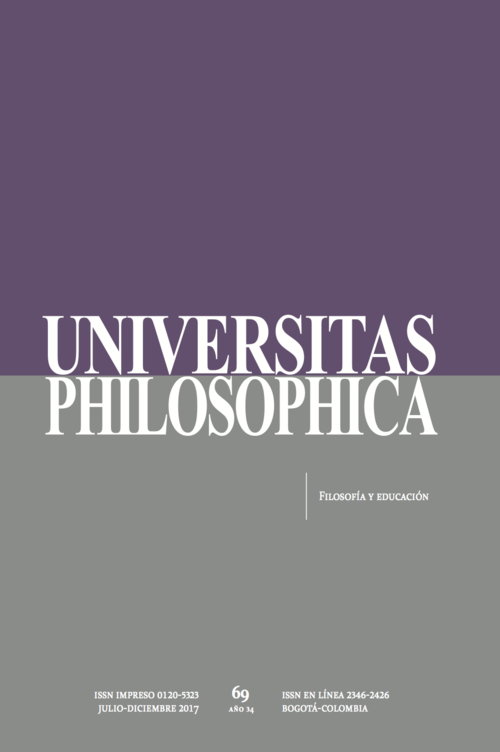Resumo
El Fedón de Platón registra las últimas palabras de Sócrates, tan inquietantes como conmovedoras: “Critón, le debemos un gallo a Asclepio. Así que págaselo y no lo descuides”. En oposición a la canónica interpretación nietzscheana según la cual el filósofo ateniente había sufrido la vida como una enfermedad y por ello requería atestiguar su gratitud al dios amo de la curación, Michel Foucault entiende el último decir socrático como una exhortación a no olvidarse, ni descuidarse, sino a ocuparse de la propia vida, descubriendo quiénes somos y cómo podemos ser mejores. La advertencia sobre los riesgos del olvido del yo, el autoolvido, constituye el péndulo de la muerte de Sócrates, desde el principio de la Apología y el Critón hasta el final del Fedón, sintetizando así su actitud ante la vida y la filosofía. Su enseñanza, pues, es esta: “ocupaos de vosotros mismos”; no hay que perderse de vista, retornando siempre ante el peligro del descuido y agradeciendo al dios de la curación, quien alienta al cuidado de sí, consigo y con los otros.
Esta revista científica se encuentra registrada bajo la licencia Creative Commons Reconocimiento 4.0 Internacional. Por lo tanto, esta obra se puede reproducir, distribuir y comunicar públicamente en formato digital, siempre que se reconozca el nombre de los autores y a la Pontificia Universidad Javeriana. Se permite citar, adaptar, transformar, autoarchivar, republicar y crear a partir del material, para cualquier finalidad (incluso comercial), siempre que se reconozca adecuadamente la autoría, se proporcione un enlace a la obra original y se indique si se han realizado cambios. La Pontificia Universidad Javeriana no retiene los derechos sobre las obras publicadas y los contenidos son responsabilidad exclusiva de los autores, quienes conservan sus derechos morales, intelectuales, de privacidad y publicidad.
El aval sobre la intervención de la obra (revisión, corrección de estilo, traducción, diagramación) y su posterior divulgación se otorga mediante una licencia de uso y no a través de una cesión de derechos, lo que representa que la revista y la Pontificia Universidad Javeriana se eximen de cualquier responsabilidad que se pueda derivar de una mala práctica ética por parte de los autores. En consecuencia de la protección brindada por la licencia de uso, la revista no se encuentra en la obligación de publicar retractaciones o modificar la información ya publicada, a no ser que la errata surja del proceso de gestión editorial. La publicación de contenidos en esta revista no representa regalías para los contribuyentes.


